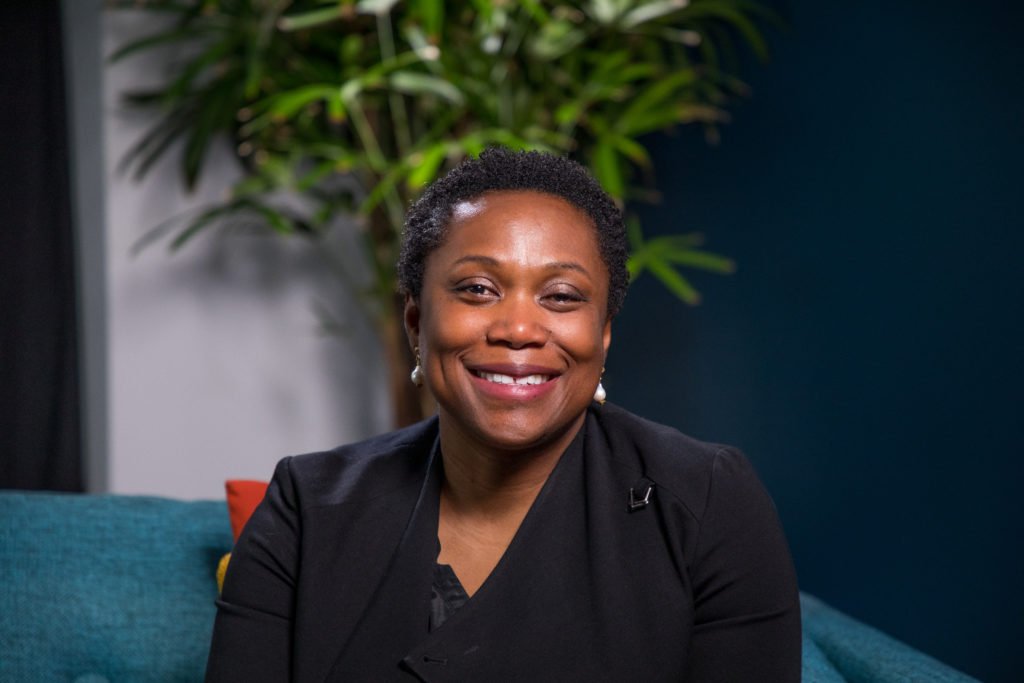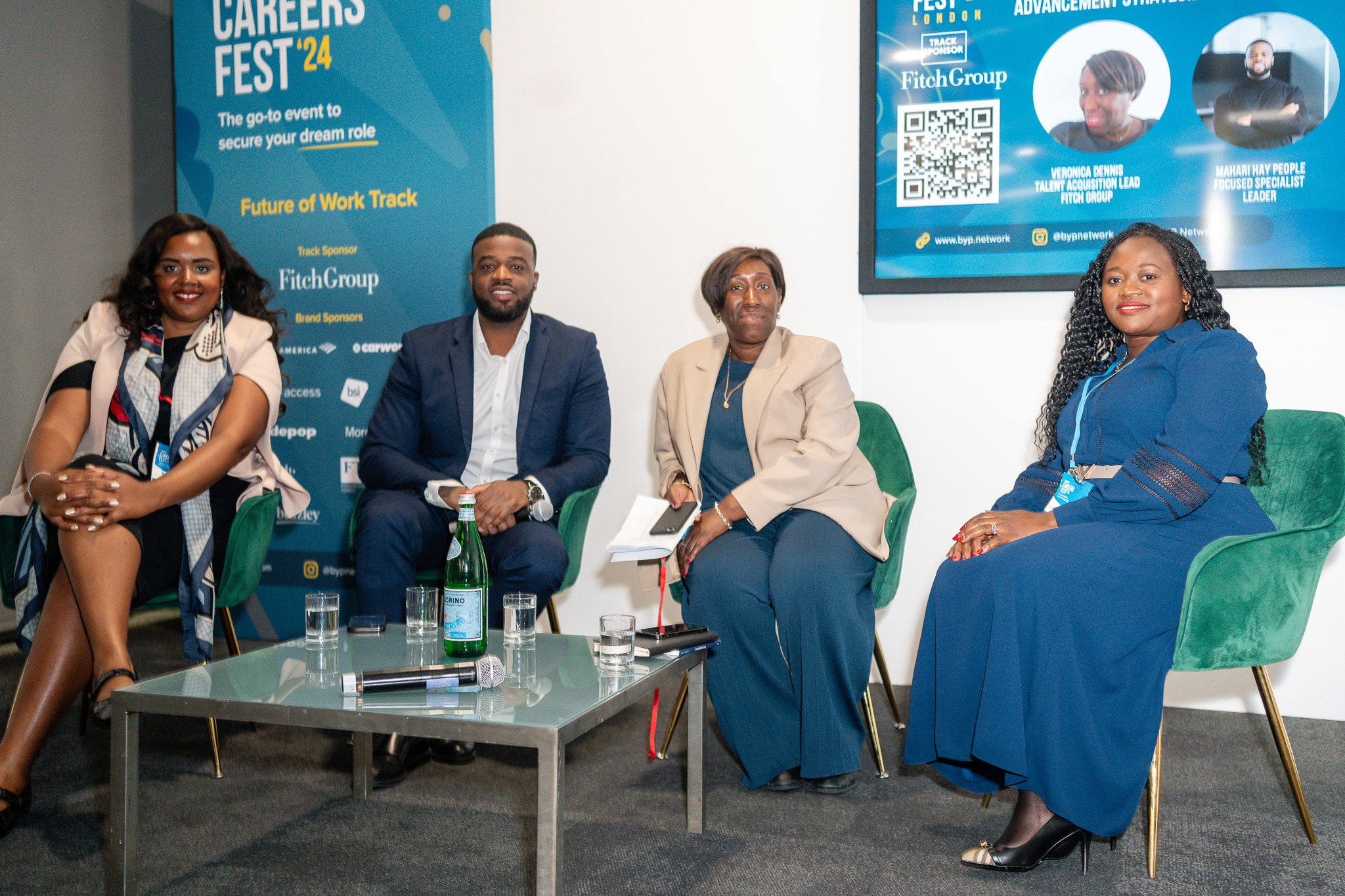Throughout her career, Denise Thomas has faced many challenges as a woman of colour—from having to prove she’s earned her place at the table to bearing the weight of being the only person like herself in the room. Her own past experience fuels her to make a difference by challenging biases and fostering equity and inclusion, especially as she’s reached leadership roles—most recently as the VP of Operations and COO at Cisco Meraki.

What about Cisco Meraki made it a great fit for you?
I love being a part of teams that are working on hard, important problems. When I decided to return to paid work after staying home with my son, I was looking for a company tackling a business problem that could radically change what was possible for others. I had previously worked at a school system and saw firsthand the technological challenges of working in a highly distributed environment with a pretty limited IT staff. I knew that having secure and reliable access to technology at each of the schools in our network was critical to helping our students achieve. I was all in when I saw how Meraki was using the cloud to help simplify the deployment of powerful IT solutions.
Why does the work you’re doing at Cisco Meraki excite and inspire you?
I love the behind-the-scenes work on all the things that enable our employees, customers, and partners to have the best experience. That gets me out of bed in the morning—it is the ultimate connect-the-dots role. In operations, we are running critical day-to-day execution motions for the business; at the same time, we’re thinking about making exceptional outcomes routine by building the systems and capabilities that sit at the core of how the business needs to run in the future. In addition to supporting our employees’ needs today, we are also experimenting with different tools, processes, and experiences needed to help our business and customers build for the future of hybrid work.
What is the hardest part about being a woman in a leadership role and what has helped you succeed?
At times, what has been hard is looking around and not seeing other women. That lack of representation allows biases to go unchallenged. When you are not expected to be in the room, you have to work harder to be heard. We have grown our representation of women leaders at all levels, and now there are more women whom I can tap for support and advice. When we are in the room together, we can turn that representation into better outcomes by supporting each other’s ideas and making sure that our contributions are weighted fairly, valued, and moved forward.
I am also a parent, which adds another dimension where gender can create additional challenges. Unfortunately, there are disproportionate demands that society continues to place on women around childcare or household work.
I am fortunate to work at a place with a leadership team committed to inclusion. I have the flexibility to make all the balls I juggle feel more manageable, and I have benefits like emergency time off and childcare, which are crucial to help level the playing field for working parents.
What’s the greatest challenge you’ve experienced in your career, especially as a woman of colour, and how did you overcome it?
It is hard for others to believe or accept you can be the thing they don’t often see. In business and tech, folks who look like me are still underrepresented, especially in more senior positions. This lack of representation—and the biases that are often at the root of it—sometimes result in you having to spend time and effort convincing folks of your competence before you can hope to get their partnership and support to do what you are there to do: drive outcomes.
Whether it was having to advocate for being included in rigorous academic programs, having colleagues who celebrate my results still openly suggesting that I had not earned an opportunity, or having to insist on the validity of medical concerns, it is exhausting. This has not just been my experience. It has been the documented experience of so many women of color to unnecessarily deleterious health, personal, and career outcomes.
What’s the best career advice you’ve ever received?
Never go at it alone. It is pretty simple advice that I keep coming back to all the time. For example, when I am tackling a big problem at work, this advice pushes me to make sure I have the right people at the table. Holding on to this advice is also a good reminder that I don’t have to have all the answers; I have to create an environment that allows for those answers to surface from the wisdom of others.

Link to full article here and to learn more about Cisco Meraki or to apply for their available roles please visit their BYP jobs board here.






